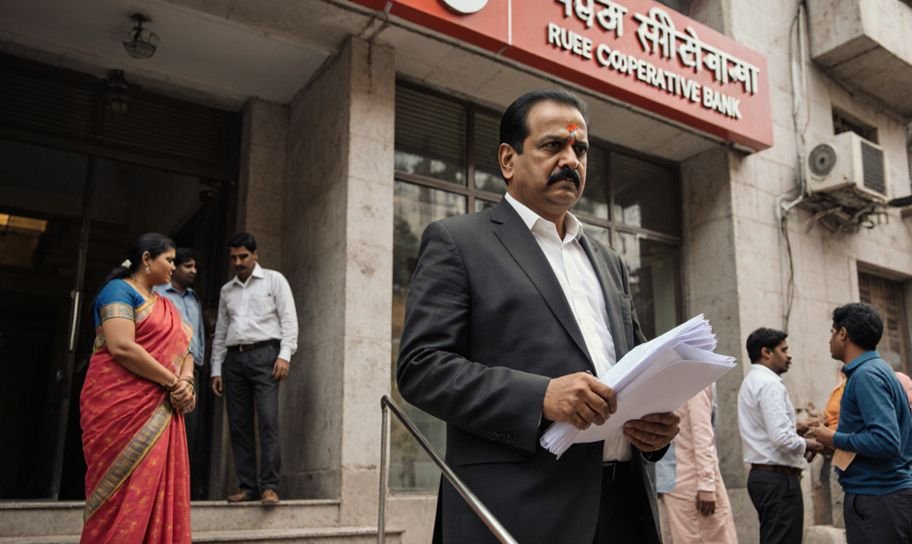
In a recent decision, the Bombay High Court, under Justice Amit Borkar, ruled to send a case involving the Rupee Cooperative Bank back to an Authorized Officer for a new investigation. The case revolves around alleged financial mismanagement by former managers of the bank, including Shrikant Krishnaji Kanade.
The case involves multiple complaints filed by Shrikant Krishnaji Kanade and other former managers of the Rupee Cooperative Bank. They were challenging a decision that held them responsible for financial losses incurred by the bank. The judgment was based on findings by an Authorized Officer under Section 88 of the Maharashtra Cooperative Societies Act, 1960.
Authorized Officer's Report: In 2016, the Authorized Officer found Shrikant Krishnaji Kanade and the other managers responsible for financial losses due to their roles in the bank's operations.
Appeals: Shrikant Krishnaji Kanade and the managers appealed this decision, but in December 2021, the Additional Chief Secretary agreed with the original findings.
Justice Amit Borkar identified several issues with the previous findings:
Lack of Specific Findings: The court noted that the original order did not provide clear evidence linking each manager's actions to specific financial losses.
Vague Charges: The charges were found to be too general, failing to distinguish between decision-makers and those with limited administrative roles.
"A finding that 'officers participated in management' is too vague to establish responsibility."
The court emphasized the importance of following the procedural rules laid out in Rule 72 of the Maharashtra Cooperative Societies Rules, 1961, which include:
Given these issues, the court canceled the previous orders and sent the case back for a new investigation. The Authorized Officer is tasked with re-evaluating the case following the correct procedures, with a suggested completion time of six months.
The court decided that the previous investigation was not thorough enough and ordered a new one to ensure that each manager's role and responsibility are clearly identified and supported by evidence.